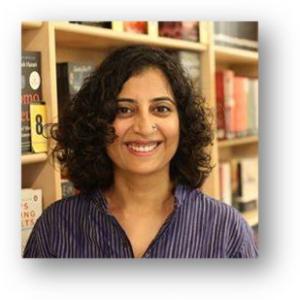'Unprecedented outbreak' of bird flu reaches Puget Sound harbor seals
They might be fun to look at, but experts want you to keep your distance from harbor seals in the Puget Sound region. This warning comes after a worldwide outbreak of H5N1 avian influenza jumped to local harbor seals.
Dr. Peter Rabinowitz, professor of global health and of environmental and occupational health sciences at the UW, is quoted.

